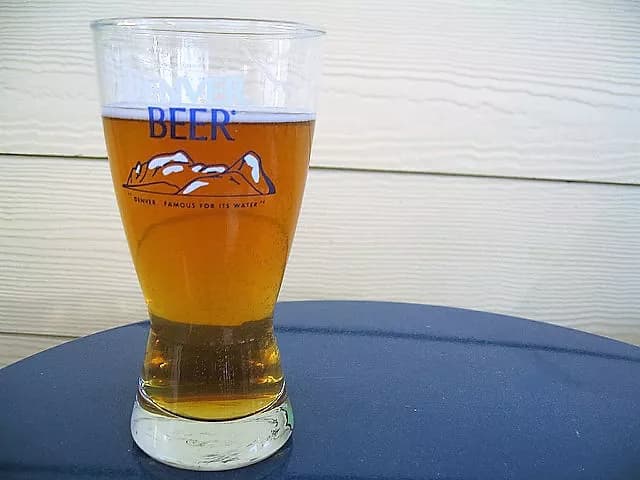
Beauty Is In The Eye Of The Beer Holder
Men under the influence of alcohol are more likely to see women as sexual objects. This is according to a study which moves beyond the mere anecdotal to investigate some of the circumstances and factors that influence why men objectify women. The research is published in Springer's journal Sex Rolesand is led by Abigail Riemer of the University of Nebraska-Lincoln in the US.
The study involved 49 men in their twenties and was conducted in the safe space of a college laboratory. Of the 49 subjects, 29 received two alcoholic drinks to mildly intoxicate them, and the rest received placebo drinks. All were shown photographs of 80 undergraduate women dressed to go out, and were asked to rate the women's appearances and personality. The women's photos were previously rated by an independent panel on how much warmth, good-naturedness, friendliness, competence, intelligence, confidence, and attractiveness they exuded. Eye-tracking technology noted which part of the women's bodies men were looking at when they were shown the images.
When the men assessed a photographed woman based on her appearance, the instruction most often triggered objectifying gazes from them. They spent less time looking at faces and focused far longer on chests and waists. This was particularly true when viewing women who had been rated high in attractiveness. It happened to a lesser degree when viewing women who exuded warmth and competence, especially when men were slightly drunk. The findings suggest that whether a man will sexually objectify a woman depends on the alcohol intoxication of the man, as well as how attractive, warm and competent a woman is perceived to be.
"The sum of these results supports the notion that being perceived as high in humanizing attributes, such as warmth and competence, or being average in attractiveness provides a buffer that protects women from sexual objectification," says Riemer.
"Environments in which alcohol is present are ripe with opportunities for objectifying gazes," adds Riemer, who says that the only other study previously done on the link between alcohol and objectification by men relied on self-reports from women. "Adopting objectifying gazes toward women leads perceivers to dehumanize women, potentially laying the foundation for many negative consequences such as sexual violence and workplace gender discrimination."
She hopes findings from the study will help to challenge specific maladaptive beliefs held by some men that it is OK and acceptable to direct objectifying gazes toward women, especially those who are not typically considered to be attractive or who are not perceived as being competent or to have a warm personality.
"Understanding why the objectifying gaze occurs in the first place is an initial step toward stopping its incidence and its damaging effects," says Riemer, who believes that there might be value in mindfulness-based interventions to help men reflect on how they perceive women. "This may inform primary prevention programs to reduce the continuum of sexual violence that women disproportionately experience."
Related Articles
Test Your Knowledge
Asked by users
Related Centers
Related Specialties
Related Physicians
Related Procedures
Related Resources
Join DoveHubs
and connect with fellow professionals

0 Comments
Please log in to post a comment.